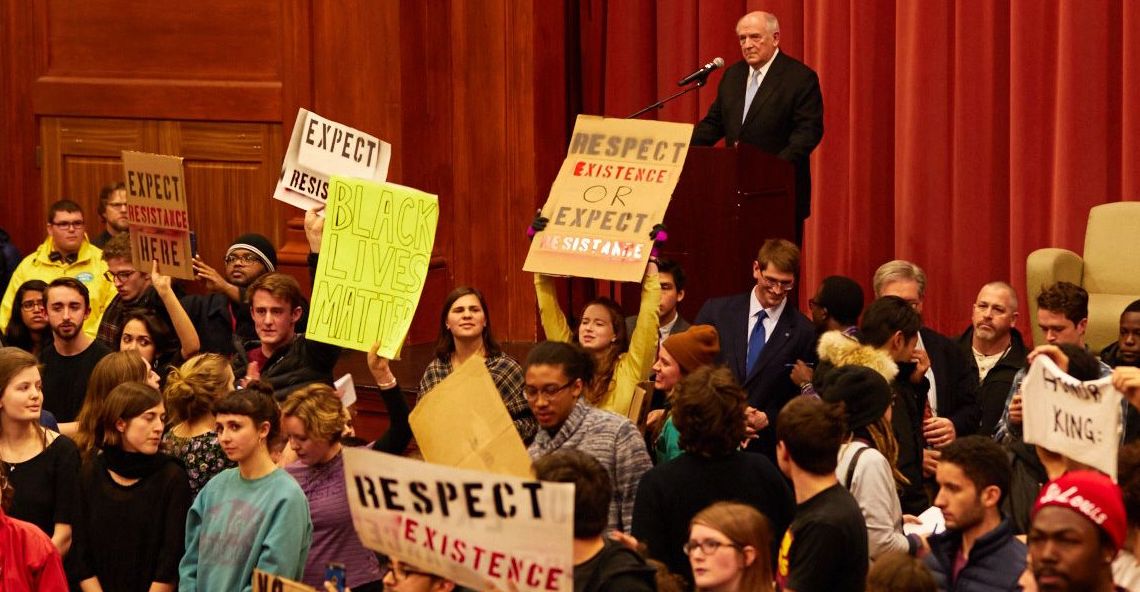Next year promises to be a bumper one for political books, at least on the Right, and in America. Ross Douthat has one out in February, The Decadent Society; before that in January Christopher Caldwell’s The Age of Entitlement looks at the US since the assassination of JFK, while I’m looking forward to the reasoned, nuanced media debate that will follow Charles Murray’s Human Diversity: The Biology of Gender, Race, and Class.
I can’t see any tripwires there!
Much later in the year is Rod Dreher’s as-yet-unnamed book, which delves into the psychological resemblance between life under Communism and developments in America since the Great Awokening began.
Dreher has travelled around eastern Europe and spoken to many former residents of Communist countries, who see the same patterns of political intolerance developing in universities and newsrooms. He wrote recently:
“In fact, we have an example of it, from this summer: the leaked transcript of the Times‘s internal town hall meeting, in which an unnamed staffer told editor-in-chief Dean Baquet that ‘I just feel like racism is in everything. It should be considered in our science reporting, in our culture reporting, in our national reporting.’ Baquet declined the opportunity to deliver a Journalistic Standards 101 lecture to this person, and instead gave a fuzzy non-answer (read the transcript; you’ll see) praising the paper’s then-upcoming “1619 Project,” a massive initiative attempting to ‘reframe’ American history around slavery.”
There is certainly a very illiberal mood to “America’s white saviours” in their intolerance for dissenting opinions and their religious devotion to unattainable political goals, their obsession with framing everything in life around the ideology, and with rewriting and erasing the past.
These are dreams built on obviously untrue ideas about human nature. So when these dreams cannot be achieved, then next comes a culture of denouncing and isolating bad thinkers and enemies, and eventually “altruistic evil” (as Lord Sacks’s termed religious and quasi-religion political violence). Comparisons between student activists in the US and the Cultural Revolution have been made by Chinese commentators, who observe the hysteria that young people display towards revolutionary enemies, although less so in the West.
So, four interesting books to look out for in 2020 coming from the other side of the Atlantic. And one or two here, of course.











Join the discussion
Join like minded readers that support our journalism by becoming a paid subscriber
To join the discussion in the comments, become a paid subscriber.
Join like minded readers that support our journalism, read unlimited articles and enjoy other subscriber-only benefits.
Subscribe